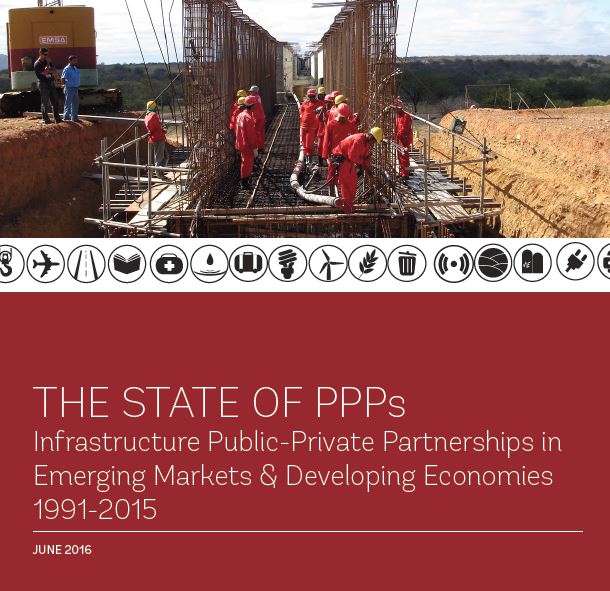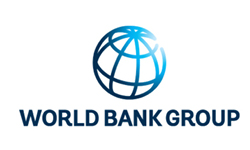Publications
Filter by
746 results found



Japan's Program for Earthquake-Resistant School Buildings has increased the seismic safety of Japanese schools, and hence increased the safety of Japanese schoolchildren, teachers, and communities. Since 2003, when the program accelerated, the share of earthquake-resistant public elementary and junior high schools has increased, from under half of schools in 2002 to over 95 percent in April 2015. Japan is sharing knowledge from this program with developing countries through its relationship with the Global Facility for Disaster Reduction and Recovery (GFDRR), whose Global Program for Safer Schools has been supported by the Japan–World Bank Program for Mainstreaming Disaster Risk Management in Developing Countries and its implementing arm, the Disaster Risk Management Hub, Tokyo.
This paper—through a comparative analysis of data from Wuhan and Amsterdam—explores the reasons why the two countries have gone in different directions

The purpose of the present publication, Towards better infrastructure products: a survey of investor s perceptions and expectations of infrastructure investment , is to conduct the first in-depth study of the perceived role by infrastructure assets for investors.

The PFRAM, developed by the IMF and the World Bank, is an analytical tool to assess the potential fiscal costs and risks arising from PPP projects.

The study has found that the main impacts of hydropower development in Bhutan relate to aquatic biodiversity and are cumulative,meaning that they are not of immediate concernbut should get priority attention once the development of hydropower accelerates. This study has identified a number of gaps inthe management of E&S impacts and rankedthem according to relevance for Bhutan.

This paper provides a condensed yet substantive overview of the key international lessons learned in the area of PBMC.


This report uses data from the PPI Database to analyze broad trends of PPP investment in infrastructure from 1991 to 2015.



The objective of the Diagnostic is to provide strategic, customized advice to client countries so they can make informed decisions in determining an operational plan for their PPP program, the choice of public investment vis-à-vis PPP, and type of PPP.


The report discusses forms of intervention and trade-offs, enabling factors, and evidence from case studies and stakeholder consultations in the areas of water, agriculture and energy. The report includes recommendations for a possible roadmap and funding options.

This report shows how competition policy can help African countries boost inclusive and sustainable development, the report outlines how competition policy can boost key sectors competition standards and legal/policy frameworks.

The main objectives of this report are to share information within the World Bank and with its partners and client countries about the World Bank's activities to support open data efforts.

The Capital Framework supports the successful delivery of capital projects in the ACT. It provides practical assistance to those proposing investment projects in the ACT.

The Infrastructure Prioritization Framework is a multi-criteria decision support tool that considers project outcomes along two dimensions, social-environmental and financial-economic to inform project selection.

These Guidelines provide a transparent framework for the ACT Government to develop and deliver Public Private Partnership (PPP) projects.

The MDBs’ Joint Declaration of Aspirations on Actions to Support Infrastructure Investment is a tool developed to ensure that MDBs work together to scale up infrastructure investment and attract private sector investment.


This publication discusses financial viability support in the global landscape of infrastructure finance.


UN ESCAP supports governments in Asia-Pacific in implementing measures to efficiently involve the private sector in infrastructure development.




The procurement guidelines were introduced in April 2015 by ADB. The purpose of these Guidelines is to inform those carrying out a project that is financed in whole or in part by a loan from the Asian Development Bank (ADB), ADB-financed grant, or ADB-administered funds.





